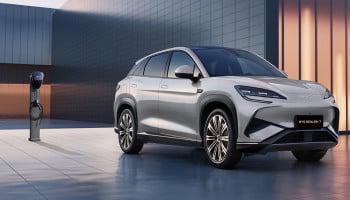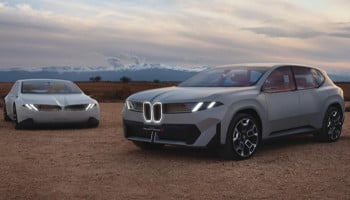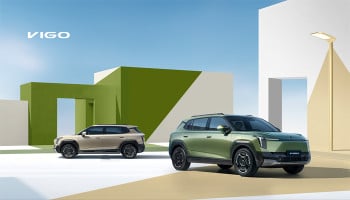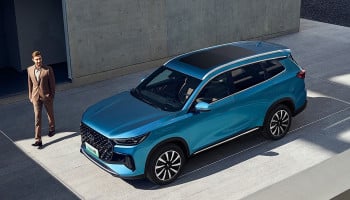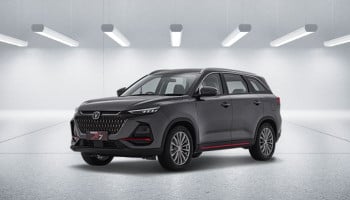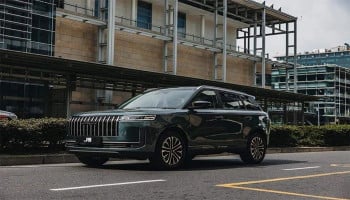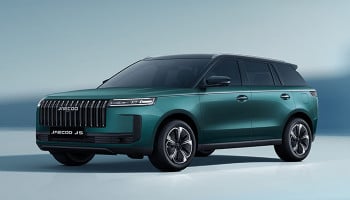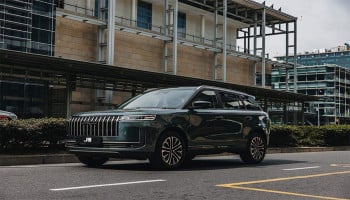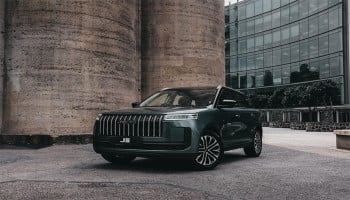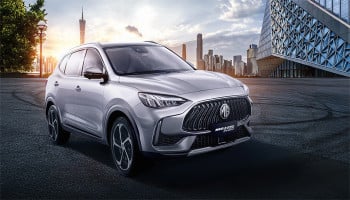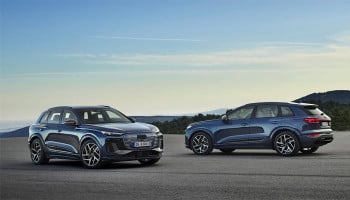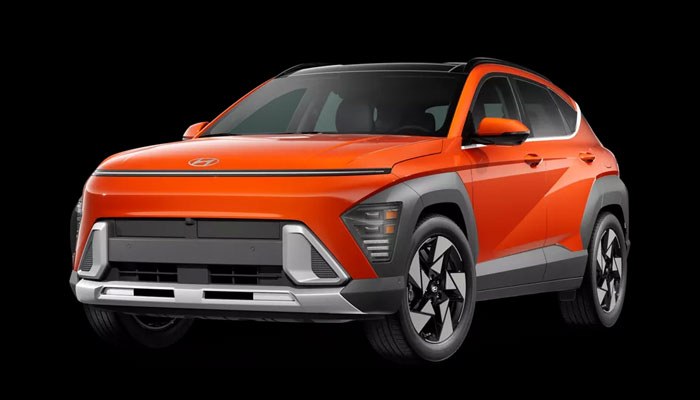
From underdog to industry leader, Hyundai's journey is a story of remarkable transformation. Buckle up, as Gadinsider hit the gas and revisit the inspiring path of this Korean carmaker.
In the United States, during the late 1980s and 1990s the Hyundai cars were considered as cheap and unreliable. However, despite all the negative labels Hyundai didn’t give up and worked hard to achieve more and more by continuously improving their cars.
After decades of hard work, Hyundai along with its sister brands — Kia and Genesis — is giving a tough competition to other competitors. And Hyundai Motor Group now proudly holds the title of the world’s third largest automaker by volume.
Their vehicles win awards and sell in the millions every year. In 2023 alone, they sold a whopping 7.3 million vehicles, only behind giants like Toyota and Volkswagen!
Professor William Barnett from the Stanford Graduate School of Business said: “The Hyundai that we see today, especially from an American perspective, would surprise people if they remember the Hyundai that first entered the American automobile market years ago.”
Electric cars are all the rage in today's world. Though Tesla dominates the electric vehicle sector, Hyundai Motor Group is the second-biggest seller of electric vehicles in the US, thanks to awesome cars like the Kona Electric.
Sam Abuelsamid, principal research analyst at Guidehouse Insights, commended Hyundai's EVs, saying “On the electrification side, Hyundai has done a really great job. They’ve put some fantastic products out there.”
So, what's Hyundai's secret sauce?
It's a combination of relentless improvement, unwavering commitment to enhancing product quality, hiring top talent, and building on innovation. They even built a fancy new center in Singapore to test out futuristic ideas like robots in factories, self-driving cars, and even flying taxis. At the Singapore unit, they explore groundbreaking manufacturing methods and invest in cutting-edge technologies such as robotics, autonomous driving, and electric vertical takeoff and landing aircraft.
"I think Hyundai Motor Group isn’t a car company," says Hyundai's global boss, Jose Munoz. "I think Hyundai Motor Group isn’t a car company. I think we are a technology company. When you look at everything we’re doing, we’re doing things that are almost science-fiction."
Of course, it has not all been smooth sailing. Hyundai and Kia have faced issues like car thefts and recalls of millions of cars. They're also navigating the tricky world of unions in the US.






